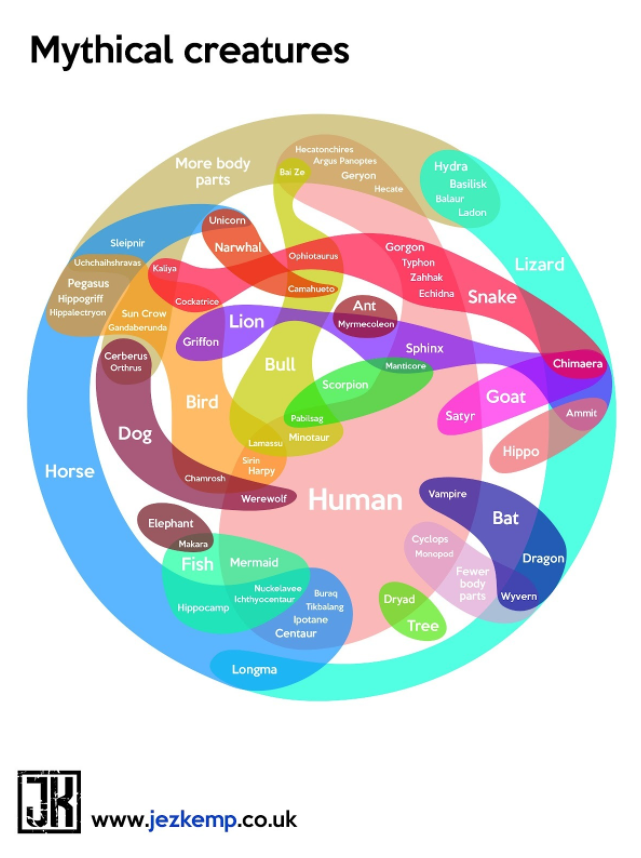My dear Countrymen— For years, the same feeling has swept you along, oppressed you, shamed you: a strange and penetrating feeling of dispossession. You walk down the streets in your towns, and you don’t recognize them.
You look at your screens and they speak to you in a language that is strange, and in the end foreign. You turn your eyes and ears to advertisements, TV series, football matches, films, live performances, songs, and the schoolbooks of your children.
You take the subways and trains. You go to train stations and airports. You wait for your sons and your daughters outside their school. You take your mother to the emergency room. You stand in line at the post office or the employment agency. You wait at a police station or a courthouse. And you have the impression that you are no longer in a country that you know.
You remember the country of your childhood. You remember the country that your parents told you about. You remember the country found in films and books. The country of Joan of Arc and Louis XIV. The country of Bonaparte and General de Gaulle.
The country of knights and ladies. The country of Victor Hugo and Chateaubriand. The country of Pascal and Descartes. The country of the fables of La Fontaine, the characters of Molière, and the verses of Racine.
The country of Notre Dame de Paris and of village church towers. The country of Gavroche and Cosette. The country of barricades and Versailles. The country of Pasteur and Lavoisier.
The country of Voltaire and Rousseau,of Clemenceau and the soldiers of ’14, of de Gaulle and Jean Moulin. The country of Gabin and Delon; of Brigitte Bardot and Belmondo and Johnny and d’Aznavour and Brassens and Barbara; the films of Sautet and Verneuil.
This country— at the same time light-hearted and illustrious. This country— at the same time literary and scientific. This country— truly intelligent and one-of-a-kind. The country of the Concorde and nuclear power. The country that invented cinema and the automobile.This country— that you search for everywhere with dismay. No, your children are homesick, without even having known this country that you cherish. And it is disappearing.
You haven’t left, and yet you have the feeling of no longer being at home. You have not left your country. Your country left you.
You feel like foreigners in your own country. You are internal exiles. For a long time, you believed you were the only one to see, to hear, to think, to doubt. You were afraid to say it. You were ashamed of your feelings. For a long time, you dared not say what you are seeing, and above all you dared not see what you were seeing.
And then you said it to your wife. To your husband. To your children. To your father. To your mother. To your friends. To your coworkers. To your neighbors. And then to strangers. And you understood that your feeling of dispossession was shared by everyone.
France is no longer France, and everyone sees it.
Of course, they despised you: the powerful, the élites, the conformists, the journalists, the politicians, the professors, the sociologists, the union bosses, the religious authorities.They told you it’s all a ploy, it’s all fake, it’s all wrong. But you understood in time that it was them who were a ploy, them who had it all wrong, them who did you wrong.
The disappearance of our civilization is not the only question that harasses us, although it towers over everything. Immigration is not the cause of all our problems, although it aggravates everything. The third-worlding of our country and our people impoverishes as much as it disintegrates, ruins as much as it torments.
It’s why you often have a hard time making ends meet. It’s why we must re-industrialize France. It’s why we must equalize the balance of trade. It’s why we must reduce our growing debt, bring back to France our companies that left, give jobs to our unemployed.
It’s why we must protect our technological marvels and stop selling them to foreigners. It’s why we must allow our small businesses to live, and to grow, and to pass from generation to generation.It’s why we must preserve our architectural, cultural, and natural heritage. It’s why we must restore our republican education, its excellence and its belief in merit, and stop surrendering our children to the experiments of egalitarians and pedagogists and the Doctor Strangeloves of gender theory and Islamo-leftism.
It’s why we must take back our sovereignty, abandoned to European technocrats and judges, who rob the French people of the ability to control their destiny in the name of a fantasy – a Europe that will never be a nation. Yes, we must give power to the people, take it back from the minority that unceasingly tyrannizes the majority and from judges who substitute their judicial rulings for government of the people, for the people, by the people.
For decades, our elected officials of the right and the left have led us down this dire path of decline and decadence. Right and left have lied and concealed the gravity of our diminishment. They have hidden from you the reality of our replacement.
You have known me for many years. You know what I say, what I diagnose, what I proclaim. I have long been content with the role of journalist, writer, Cassandra, whistleblower. Back then, I believed that a politician would take up the flame that I had lit. I said to myself, to each his own job, to each his own role, to each his own fight.
I have lost this illusion. Like you, I have lost confidence. Like you, I have decided to take our destiny in hand.
I saw that no politician had the courage to save our country from the tragic fate that awaits it. I saw that all these supposed professionals were, above all, impotent.That President Macron, who had presented himself as an outsider, was in fact the synthesis of his two predecessors, or worse. That all the parties were contenting themselves with reforms, while time passes them by.
There is no more time to reform France – but there is time to save her. That is why I have decided to run for President.
I have decided to ask your votes to become your President of the Republic, so that our children and grandchildren do not know barbarism. So that our daughters are not veiled and our sons are not forced to submit. So that we can bequeath to them the France we have known and that we received from our ancestors. So that we can still preserve our way of life, our traditions, our language, our conversations, our debates about history and fashion, our taste for literature and food.
So that the French remain French, proud of their past and confident in their future. So that the French once again feel at home. So that the newest arrivals assimilate their culture, adapt their history, and are remade as French in France – not foreigners in an unknown land.
We, the French, are a great nation. A great people. Our glorious past pleads for our future. Our soldiers have conquered Europe and the world. Our writers and artists have aroused universal admiration. Our scientific discoveries and industrial production have stamped their epochs. The charm of our art de vivre excites longing and joy in all who taste it.
We have known great victories, and we have overcome cruel defeats. For a thousand years, we have been one of the powers who have written the history of the world. We are worthy of our ancestors. We will not allow ourselves to be mastered, vassalized, conquered, colonized. We will not allow ourselves to be replaced.
In front of us, a cold and determined monster rises up, who seeks to dishonor us. They will say that you are racist. They will say that you are motivated by contemptible passions, when in fact it is the most lovely passion that animates you – passion for France.
They will say the worst about me. But I will keep going amidst the jeers, and I don’t care if they spit on me. I will never bend the head. For we have a mission to accomplish.
The French people have been intimidated, crippled, indoctrinated, blamed— but they lift up their heads, they drop the masks, they clear the air of lies, they hunt down these evil perjuries.
We are going to carry France on. We are going to pursue the beautiful and noble French adventure. We are going to pass the flame to the coming generations. Join with me. Rise up. We, the French, have always triumphed over all.
Long live the Republic, and above all, long live France!






